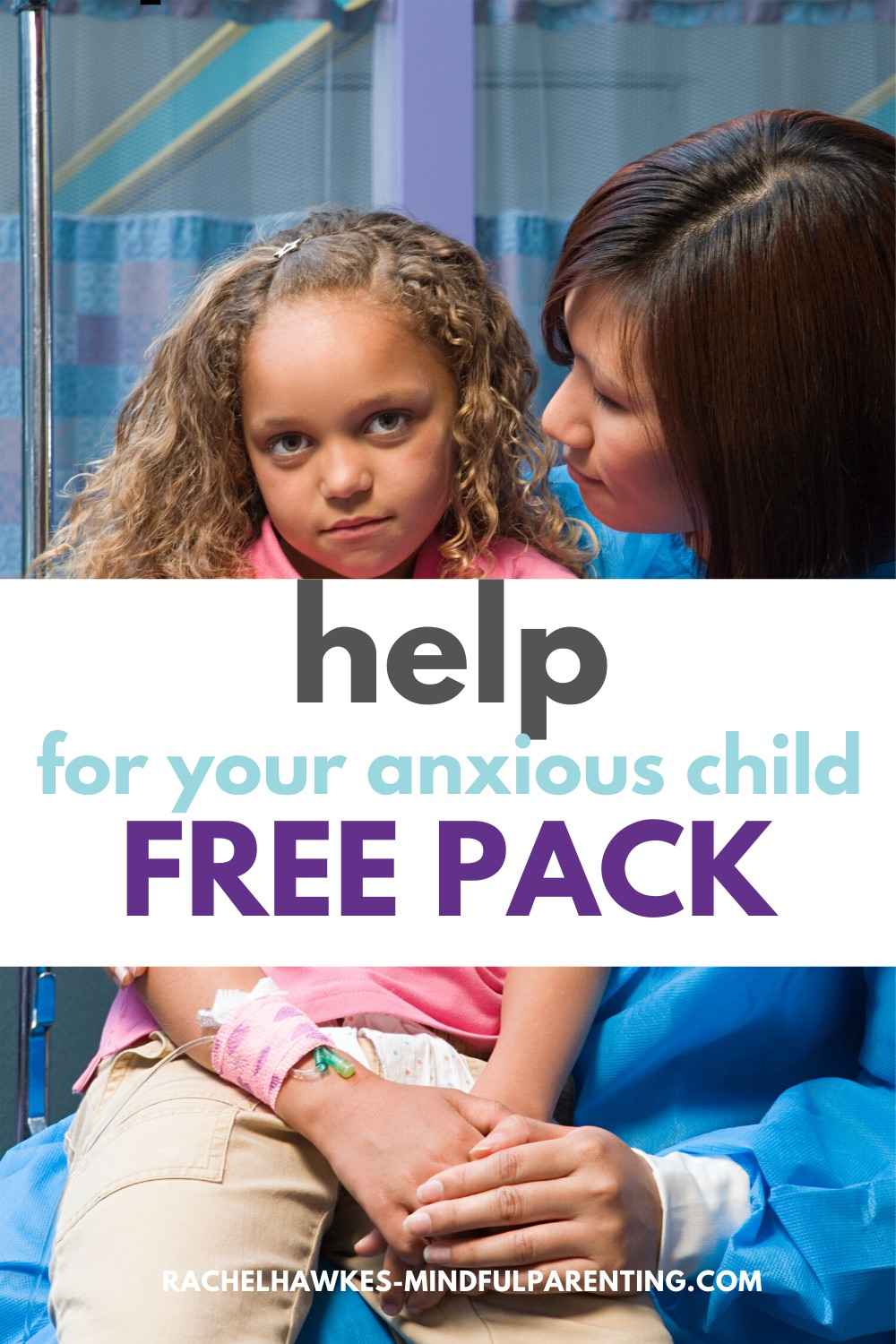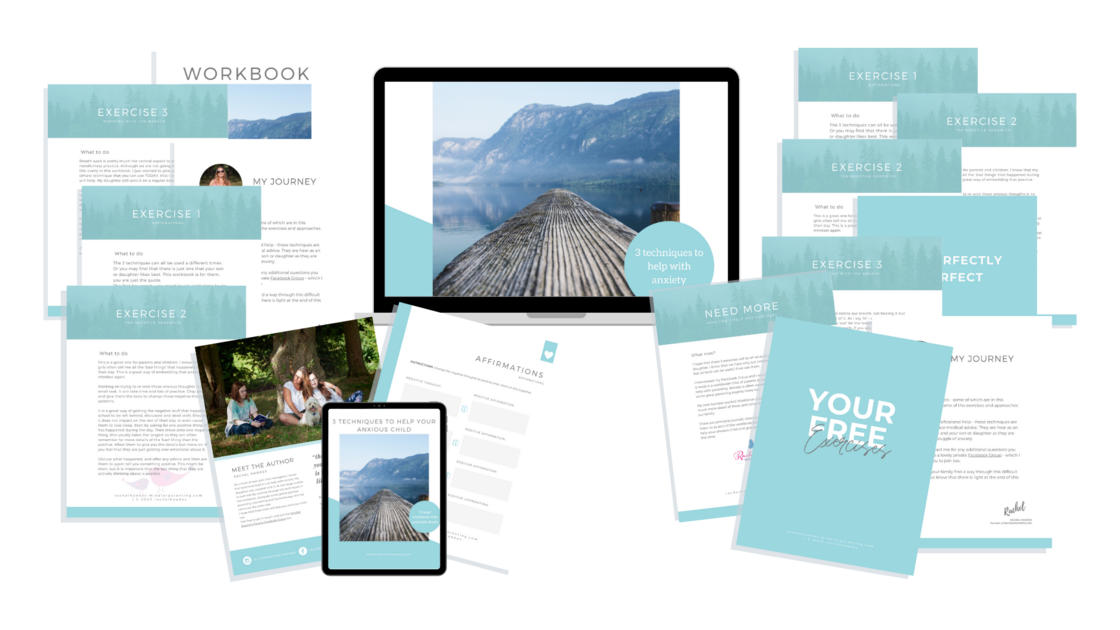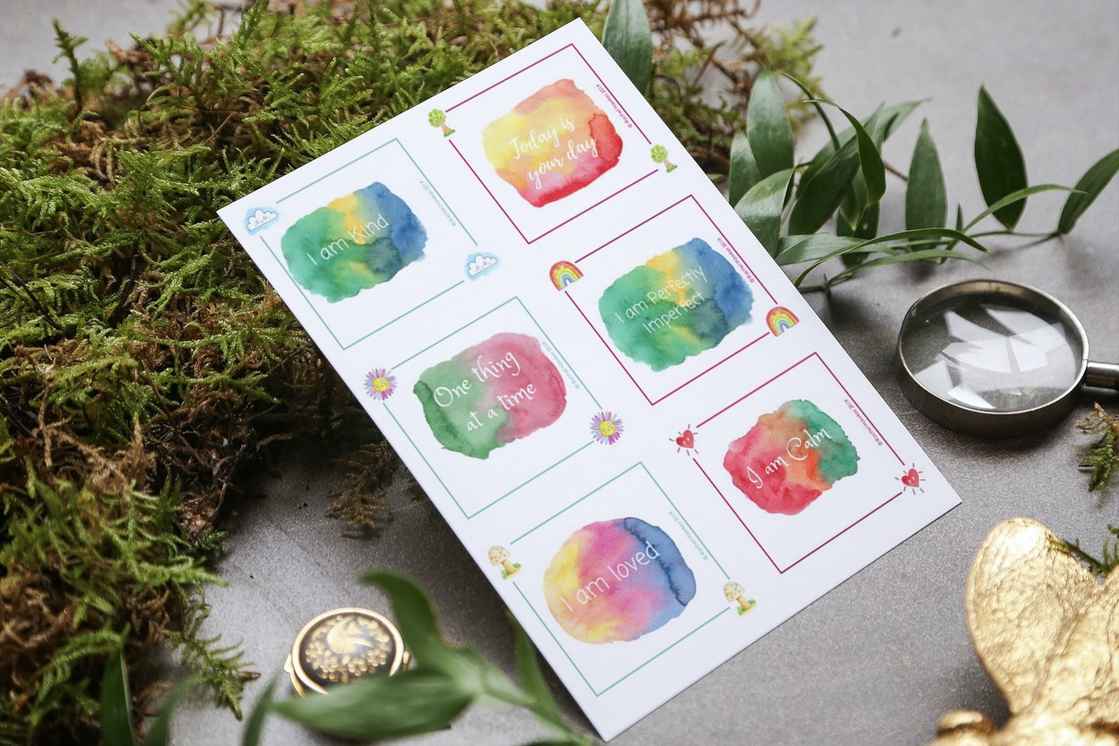Your Anxious Child - Techniques To Help Parents And Children

How to help with anxiety
If your child is getting overly anxious, or feeling overwhelmed it is heartbreaking as a parent.
Little things, that often to a parent seem of no consequence, can cause our children to feel upset, sad, angry or scared. We can feel helpless, unable to make them 'feel better'. This is especially the case at the moment.
Many children and parents are feeling overwhelmed and struggling to cope with mounting anxiety.
Your FREE ANXIETY PACK
Would you like a FREE 14 Page ANXIETY PACK to help you and your family deal with building anxieties.
This 14-page pack has simple techniques that you can start using TODAY to help you or your children face this current period of uncertainty.
The Good News
There is lots of help out there! There is far more awareness of mental health issues with children, which is a fabulous thing. However, what can we do as parents to help on a daily basis? Our current first lines of aid are often no longer in place. We cannot just talk to a teacher, or a local professional. There is help out there though, many professional counsellors or therapists are still offering online support.
There are also things that you can do as a parent. Below are some methods that have worked for my family, they can be used in your current home setting.
What Can You Do?
I am going to detail 3 techniques that have helped my children. One was horribly bullied during primary school, the other developed high-level anxiety at about aged 8.
These are techniques that we used, that enabled them to take more control of how they felt and enabled them to deal with situations that caused them to feel anxious. We are using those same techniques now, to help us all cope on a daily basis. I hope that you can use them with your child to affect a positive change.
The Video
I made a full video, for those of you like me who like a visual.
The Box of Worries
I love this technique - and although it takes times, it really does have a huge impact on the child. You start with a box, I would recommend something no bigger than a shoebox. Get your child to choose a box if they have something suitable. You are both going to sit down with the box and pen and paper.
You will need time and ensure you are uninterrupted, as you will be discussing her 'worries'.
Ask them to write down some of the things they are worried about. You can either sit with them or get them to write them and then call you. Now you both will sit down together and they will read each worry out loud. You can give them time to discuss each one, or depending on how many they have just get them to say them out to you. Then fold each one up and put them into the box.
This box is now their very own box of worries. Each day you will allocate time (i would put on a timer - no more than 20 minutes) and they are going to pick one of those worries and you will talk about it. There are various approaches to how you deal with these worries, from simply listening to offering any helpful ways of addressing the worry. If it is something practical, 'everyone laughs because I can't tie my shoelaces', then you can perhaps offer to show them a better technique.
For the larger issues or ones that rely on your child solving the problem then you can discuss ways they can approach the issue themselves.
Let them openly discuss the worry, how it makes them feel and only then offer any tips or help. The key is for them to be able to know they can talk about whatever is worrying them. The rest will follow. So many children do not discuss the anxieties with parents, it becomes its own worry. As parents, we need to ensure that our children are always able to talk to us, no matter how hard we find it. It is this openness that enables our kids to face whatever life is going to throw at them.
Work on the box for as long as you need to. I found with my daughter, that often a worry once discussed would not go back into the box. However, new ones would be added. Just honour your commitment to give them the time and space to work on the issues. They need to rely on you, as the parent to keep this going. The more you talk, the easier it will be for them to discuss anything that troubles them, long after the box has gone.
Be led by your child. When they no longer want the box, just accept it. They can leave it in their room, it will be there for whenever they need it.
The Negative Sandwich
I used this every day at school pick up. It is a great way of getting the negative stuff that happens at school to be left behind, discussed and dealt with. Ensuring it does not impact on the rest of their day, or even cause them to lose sleep.
Start by asking for one positive thing that has happened during the day. Then move onto one negative thing, this usually takes the longest as they will often remember far more details of the 'bad' thing than the positive. Allow them to give you the details but move on, if you feel that they are just getting over emotional about it. Discuss what happened, and offer any advice and then ask them to again tell you something positive. This might be short, but it is important that the last thing that they are actively thinking about is positive. So when you get back home, you can then move onto whatever is happening, rather than allowing them to dwell on any 'bad' things that may have affected them earlier.
This is a great one for the kids that don't want to talk too much about their day. You know the ones when you ask 'what happened at school today' and they reply 'i don't remember'. If you know your child is feeling anxious and they are not communicating with you about it, then this technique is a rather sneaky way of getting some of that out.
You can use this with kids of any age. I just found that between the ages of about 6-10 years old it worked well. I will still use it now (my girls are 13) but in more of an ad hoc tool. They still respond to it well, and the negative is always longer!
If you have more than one child, just get them to take turns. That way each child gets to have their say. Which is not always easy in a busy household.
Affirmations
I mention these all the time, as they are such a useful item in our 'mindful parenting toolbox'. Why not try the FREE PRINTABLE versions, just click the link in the image above.
You can print some from other sources (Pinterest has some other great ones), or even spend a lovely afternoon creating your own.
I have a great list of ways to use them too on the blog on affirmations to get you started.
The use of positive language is well known as having the ability to change our thought processes. It is so true what you say, you believe. If your child is having other kids at school call them names, they can often start to believe what is being said about them.
Take control, give them a tool which will literally re-wire their brain. Giving the positive thought power - what an amazing skill to pass to our kids.
I certainly wish I had known about it years ago.
Moving Forward
Please do come over to Facebook and see what other tips are available to help you and your son or daughter.
It is a safe environment for parents to discuss any issues that they are experiencing with their children.
Rachel Hawkes is a mum to twin teenagers and teaches baby and kids yoga & mindfulness classes, alongside running a business Wellbeing Centre. She is a published author of 2 books relating to Mindful Parenting and loves to share her tips and ideas wherever she can.
How Can I Help You Further?
![]() Have you grabbed the FREE AFFIRMATIONS? 12 glorious, full-colour printables for you to keep.
Have you grabbed the FREE AFFIRMATIONS? 12 glorious, full-colour printables for you to keep.
![]() Join Facebook - all for parents looking for more ideas.
Join Facebook - all for parents looking for more ideas.
![]() Sign up to the newsletter for lots more freebies and little ways of adding in some mindful moments
Sign up to the newsletter for lots more freebies and little ways of adding in some mindful moments
x
Rachel
Good Luck
This parenting stuff is hard, I wish you all the best and remember, you are doing a great job!
 x
x
Rachel
Categories
- Mindful Parenting (40)
- All Articles (44)
- Things To Do With The Kids - Mindful Makes (14)
- Things To Try At Home (34)
- Babies and Beyond - Mindful Mums (4)
- Work Life Balance (17)
- Mindfulness Techniques For Kids (29)
- Anxiety - Tools For Parents & Kids (13)
- Christmas (6)
- Affirmations (6)
- Mindful Working (3)
- Mindful Living (10)
- Mindfulness Techniques For Adults (5)
Lots of Mindful Parenting FREEBIES
if you would like to grab regular freebies including printables, then please join the mailing list.
Mindful Parenting Printable Packs
Just part of the products available, affirmations as such an easy mindful activity to add into the day
Affirmations For Mums
Printable daily positive affirmations
20 Daily Positive Affirmations with 4 blank cards for you to create your own affirmations.
GIANT Affirmations Bundle
Over 100 Affirmations!
Your Giant Affirmation Bundle with over 100 affirmations!
Printable affirmations for:
- Kids
- Tweens
- Teens
- Mums
- 30 Days of Affirmations
- 10 blank cards to create your won





0 comments
Leave a comment